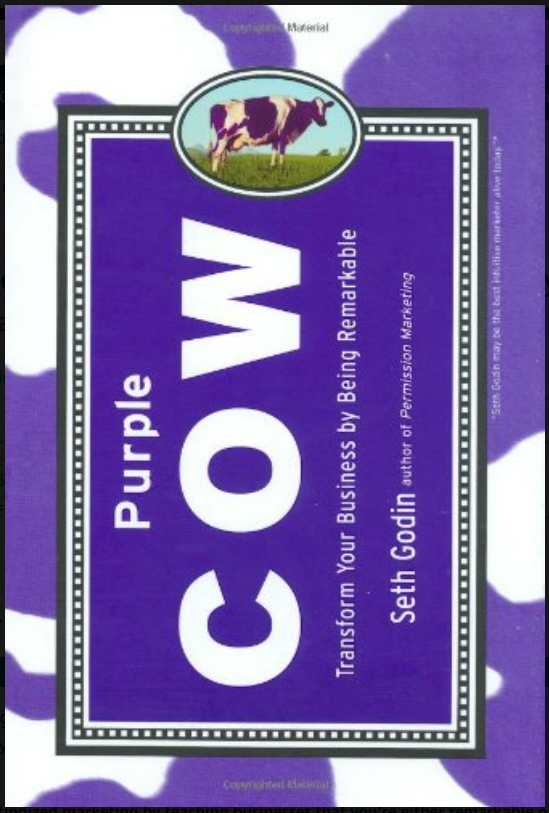It can be said that what we do for a living can be described in two different ways: what our job is and the work that we do. While those two words can, and often are, used interchangeably, that doesn’t mean they represent the exact same thing. Being a home inspector may be our job, we identify deficiencies and potential problems for our clients who are buying a new home, but that simple definition isn’t all that defines how good we are at what we do. The work, the delicate part of our job, comes in later. Without a doubt, it’s the work, this elusive, tricky, seemingly insubstantial part of our job that many people struggle to master. And overwhelmingly, it seems to be the part of our job that determines our level of success.

While there are still a few states where there are no licensing requirements to become an inspector, and more than a few states with relatively simply licensing processes (like Mississippi, which requires 60 hours of education), some states have implemented difficult, and sometimes onerous requirements (like Texas, which requires 394 hours of education to become a Professional Home Inspector) to practice in their state. So, while I don’t want to trivialize the process of becoming an inspector, because in many states the process of becoming licensed is just that, a process, there is a big difference in doing the job of an inspector and doing the work necessary to set yourself apart from all the other inspectors “just doing their job.”
If you stop and think about it, once we’ve gone through the licensing process, we’re done. Yearly continuing education requirements notwithstanding, we’ve completed the steps required to officially do the job of a home inspector. We can market ourselves as a state-approved inspector, and charge people money to hire us to check out their future homes. Unless we’re personally driven to become better at what we do, there’s not much incentive for us to improve. In most states, there’s only one level of home inspector certification that can be obtained, and little apparent benefit to enhancing our skills.
Little benefit, that is, unless we’re driven to do the work. We remember the work, don’t we? That delicate, elusive, tricky and seemingly unimportant part of our job that most of our competitors could care less about. That’s the part where everyone seems to struggle.
So, what is this work, and why the hell is it so important? “I’ve already got the job, and my job is being a home inspector.” I’m certain we’ve all uttered that phrase before when asked by someone what we do for a living. We explain that we check out a house for someone who’s getting ready to buy it, attempting to make sure that there are no unexpected, surprise expenses waiting for them once they move in. Fairly straight forward, pretty cut and dry. We check out your house for you before you buy it. That’s our job.
That’s our job, but is that really our work?
A dentist may think their job is to clean and repair your teeth. And while the technical aspect of being a dentist is important, that’s not what really brings in the clients. The dental professional that continuously upgrades their skills, invests time and money to bring in the latest technology and become proficient in its use, addresses their clients’ mental and emotional needs, making sure their office is warm and inviting, makes it easy to schedule appointments by hiring and training qualified office staff and utilizing up to date computer systems, positioning their business for success (from a physical as well as marketing standpoint) will always have more business than someone who focuses exclusively on cleaning your teeth.
The same thing can be said of the real estate agent who thinks their job is solely to find a house in your price range, or the insurance agent who simply writes a policy for their clients, or the restaurant owner who just throws down some food down in front of their customers. While the technical aspect of everyone’s job is certainly important, there’s always much more involved in being a professional than simply doing your job.
To use a personal example, my local market is littered with home inspectors who are just doing their job. They know enough about the technical aspects of the inspection business to run circles around me, but that’s where their expertise ends. They know nothing about customer service and could care less whether their clients are satisfied once the inspection is complete. They spout off industry jargon during the inspection, certain that they’re impressing everyone with their vast technical knowledge of the construction business. But they have little empathy for their clients’ situation, and could care less about the image they present, other than making sure the everyone knows they’re the smartest person in the room.
And most of them are baffled by the fact that so many other inspectors, who are obviously intellectually inferior to them, are making more money than they are in this industry.

The one fact that these blowhards will never learn, the key that separates the painter from the artist, the one thing that often has an over-sized effect on someone’s level of success is that it’s not just what you know, it’s how you relay the information you know that determines where you’re going in your career.
People don’t care how much you know until they know how much you care.
Theodore Roosevelt
While it’s great, and some would argue imperative, that we know our way around a construction site, that knowledge, by itself, is not enough to ensure success. While we need to know the negative effects of solid branch aluminum wire, polybutylene piping, lead-based paint, asbestos ceiling tiles and interior-lined ductwork, it’s not enough to simply be able to regurgitate these facts to our clients. We’ve got to be able to empathize with them; we must understand things from their point of view. Knowing what it is they’re thinking and how they’re feeling in the moment; that’s the work that we’re called on to do in our business.
It’s easy to forget about our client when we’re doing our job every day. This may be our third house this week (and 34th this year) with polybutylene water lines, but it’s the first one for our client. We may have already seen enough asbestos ceiling tiles to kill a small island nation, and it may be just another day at the office for us, but it’s soul-crushing for those new home buyers. It may be “just part of the job” for us, but it’s the end of the world to them.
This is where the work comes in. What we do and say, how we explain what it is we’ve found and how we put into words the implications on our clients’ situation, that’s what matters more than anything. How well we do our work, this elusive, tricky, seemingly insubstantial part of our job that we struggle to master, is what ultimately determines our success.

We need to work on “our work” every day. We must pay attention to what we’re saying and note the response that our words elicit. Are they having the intended effect? Did my clients grasp the point that I was trying to get across? How could I have phrased that differently to make sure that there’s no misunderstanding? Follow up with the clients and their agent. Ask sincere questions, letting them know that we’re interested in getting better at our craft (and reducing problems for everyone involved).
I’m not implying that we should “soft-pitch” the issues that we find, downplaying them so that the clients will buy the house without questions. That would be unethical and against everything our industry stands for. But there’s always more than one way to skin a cat, and the inspector who’s able to empathetically deliver his/her findings will always have the competitive advantage over the matter-of-fact know-it-all.
Being a home inspector: it’s good work, if you (can) get it.
Doing your job is not always the same as doing the work. The ‘soft stuff’ might matter more than you think. Doing the work is the ticket you buy for the privilege of doing the other part.
Seth Godin
Would you like to get an email every Friday where we share the newest things we’ve discovered about home inspections? CLICK HERE to sign up.
Want to be an Influencer in Your Field? Share This Post!
Thanks, Joe


